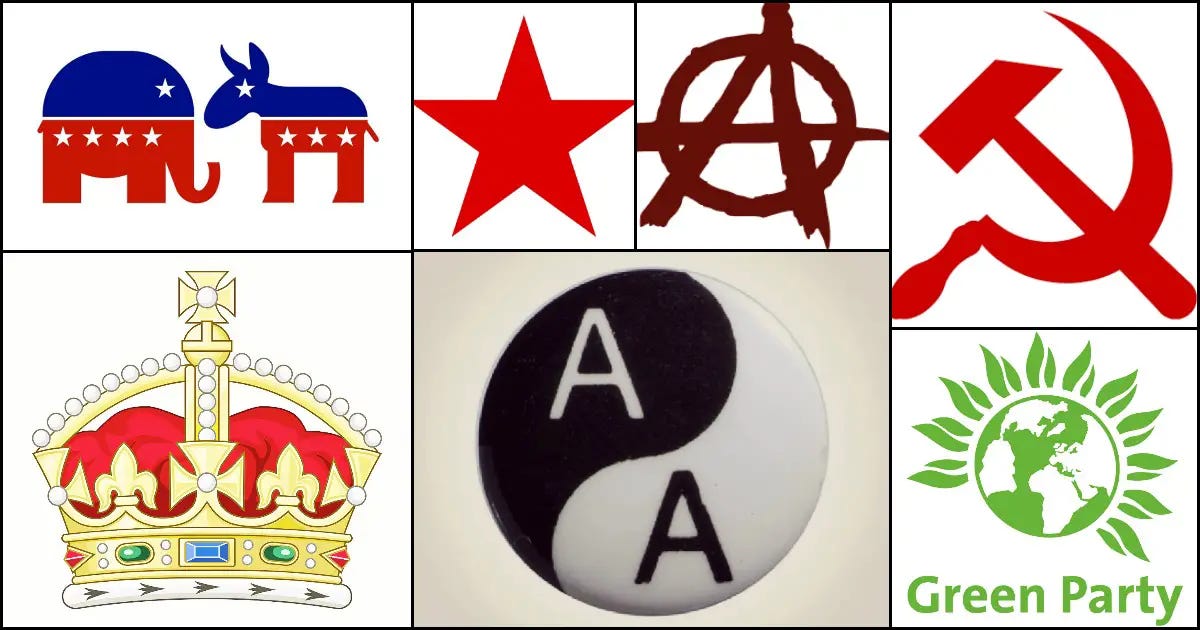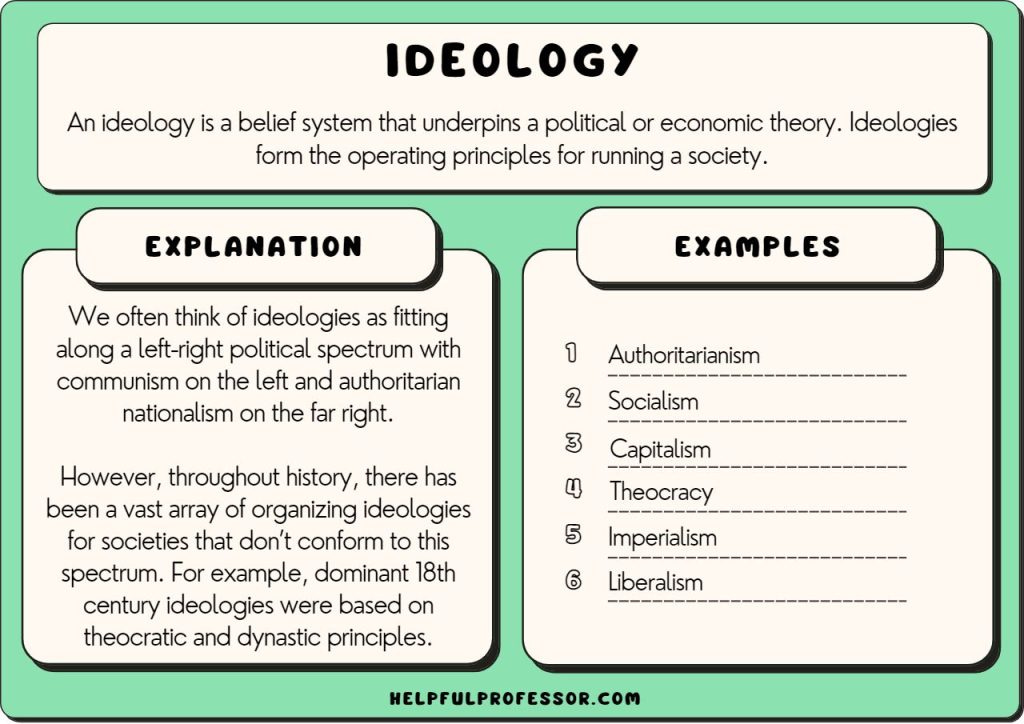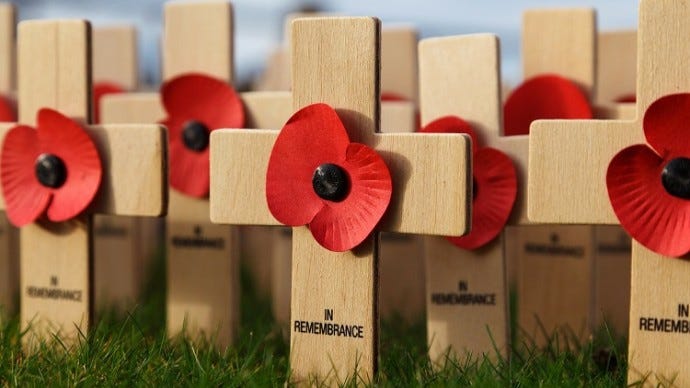The Remembrance poppy - a political symbol
Whilst this article is being written many days after Remembrance Sunday, can one note if it poppy is a political symbol or not?
In this case, we shall argue that it’s not.
What is a political symbol?
It would be something that, perhaps, denotes a given political ideology, policy, principle, party, or figure.
The Swastika, the US Republican elephant, Labour’s red rose, and the hammer and sickle represent such.
They are used to represent Nazism, the American Republican Party, the British Labour Party and communism respectively.
As tokens and, in essence, logos, they graphically represent the parties and ideologies involved, giving a quick reference to adherents and opponents alike.
Does the poppy do this?
Not as such.
It doesn’t represent a figure or ideology.
The Swastika evokes Hitler. The GOP’s (,i.e. Grand Old Party) elephant references Lincoln, Teddy Roosevelt, Eisenhower, Reagan and Trump as prominent Republican Presidents. The hammer and sickle evoke the USSR, Stalin and Lenin as figures and entities.
The poppy doesn’t do this at all.
Political ideologies, principles and movements
If referencing American conservativism, Nazism, or British Labour Party values (social democracy/democratic socialism), then they are all amalgams of principles and policies designed to enact a given social reality. Politics references how we should be governed - and an ideology therefore is a statement of principles enacting such.
The poppy doesn’t do this.
One cannot link the poppy to social conservatism or MAGA. Or the persecution of “undesirables” and fascism, or support and advocacy for the British working classes to develop a fairer and more equitable society.
There is no “poppyism” or poppy political party.
Not all political points, however, are ideological or cohesive statements of principles.
A symbol could denote a given issue, which is political.
The CND (Campaign for Nuclear Disarmament) symbol was political in form since states own nuclear weapons and thus must be appealed to for disarmament to happen. But it wasn’t a political party per se.
The poppy is not the same.
It doesn’t, necessarily, call for the end of wars. It calls us to remember the sacrifices of the fallen. The Royal British Legion is arguably political in form, since it advocates for the welfare of servicemen and former armed forces officers/personnel. But the poppy campaign, which it administers, doesn’t push a given narrative per se.
Cultural or political?
Can a cultural movement be politically rooted?
Is there a blurring between the two?
The poppy’s value is primarily cultural since it doesn’t advocate for political change, or changes in governance, laws, or how governmental power is exercised.
But does a cultural movement inevitably touch the political sphere?
For instance, a religious organisation might apply for state funding, if they are helping the homeless. If a Christian organisation applies for charitable funding to help the homeless at Christmas time or provide food and supplies to the needy at Easter, then hasn’t the state involvement made it a political concern? Said monies would come from taxation, which all citizens who work pay. And the use of tax monies has to be accounted for politically.
The receipt of state funds also can direct how said money is used, especially in cases of fraudulent or otherwise criminal conduct. The state may also be reluctant to give money to harmful or divisive causes, promoting negative messages.
The Royal British Legion is viable for state funding, which blurs the distinction between cultural and political movements.
Is the poppy political?
Per se, no, it is not.
It is not a partisan or ideological symbol, pushing for a given implementation of political ideals and goals.
It isn’t necessarily an anti-war symbol.
If anything, it’s a commemorative symbol so that we can remember the fallen of the World Wars and all other wars. Both involved massive sacrifices, and in the case of WW2 Britain was under genuine threat of invasion.
It can be argued that the World Wars are increasingly distant and perhaps less relevant. There are indeed very few veterans of either war alive. However, the geopolitical and societal effects of either are abounding. The IT revolution, the use of radar and sonar, and the first and current Second Cold Wars have their genesis in the conflicts.
Both wars were defining features in many countries. They led to the ultimate end of the British and French colonial empires. It made the USA and USSR the dominant superpowers, and modern Russia is keen to resume the place that the Soviet Union held in geopolitical affairs. China became communist in the aftermath of it, and Japan morphed from an aggressive power to a global economic powerhouse.
Given the effects the World Wars have had, even though WW2 ended many decades ago, we should still commemorate them.
Further points
Whilst this article has stated it’s not a political symbol, listed below are two articles - one in favour of such and the other in opposition:






